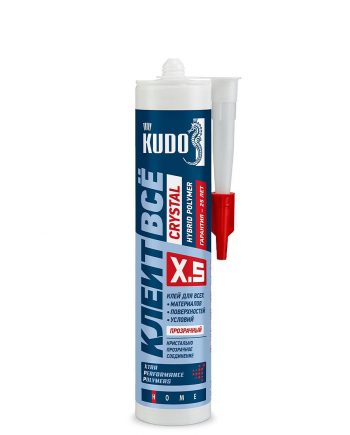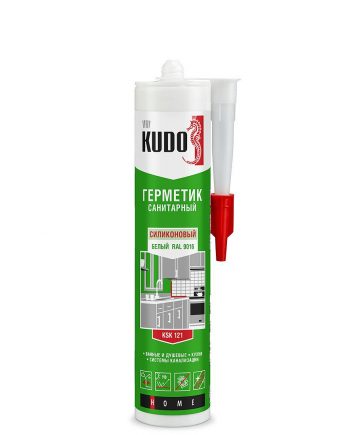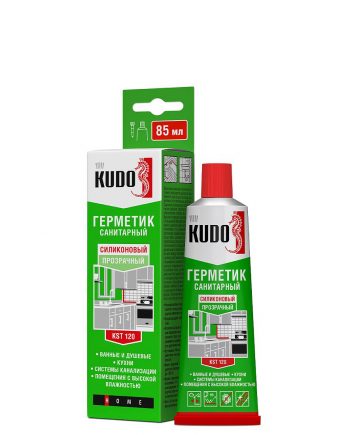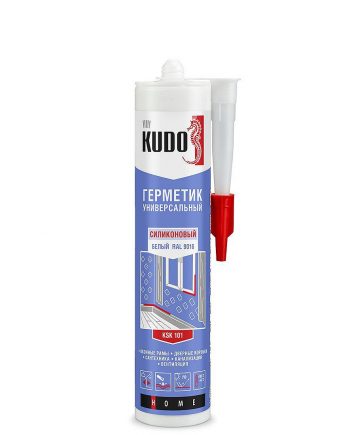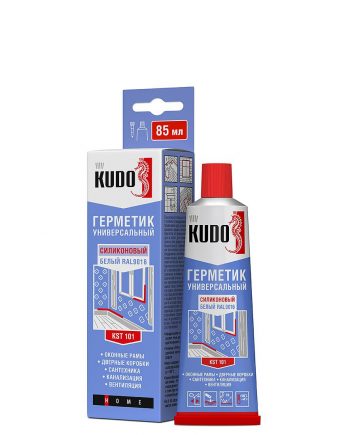What sealant to choose for bathroom?
There are several specific requirements for bathroom sealants. First, it must resist mold growth well. Secondly, it must be water-resistant. And, thirdly, elastic, since seams that need to be sealed in the bathroom are often movable. In addition, the sealant for the bathroom should have excellent adhesion to various materials.
It is possible to use
Silicone or hybrid sealant?
Hybrid sealants are a versatile and balanced solution: they incorporate the best of polyurethane, silicone, acrylic and rubber sealants and adhesives. Their main advantages: they can be applied on a wet surface, have high strength, excellent adhesion, do not yellow, do not emit odor and, most importantly, are excellent against the formation of mold and mildew. But because of their good adhesion and high strength, hybrid sealants will be more difficult to remove should the need arise.
Silicone sealants can be acidic or neutral depending on the curing system. Acidic sealants emit a pungent acetic acid odor when applied, while neutral sealants are almost odorless. Acidic are used on stainless steel, glass, ceramics, wood, but are not compatible with alkaline materials (cement, lime, plaster), marble, granite, cause corrosion of metals. Neutral can be used without restrictions.
What sealant to choose for bathroom
Sealant remover



